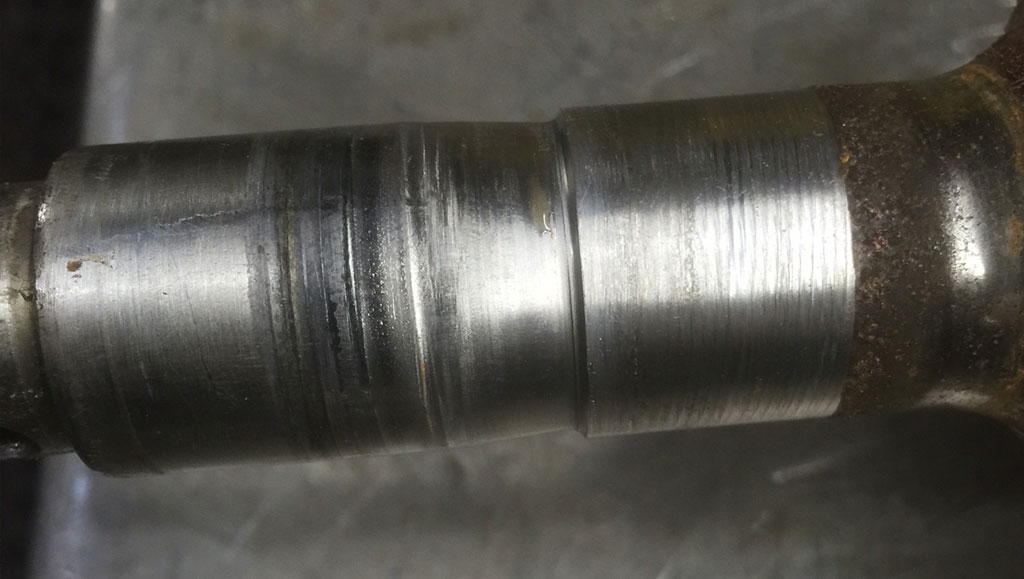Your pump problem FAQs answered

Pump systems are durable when correctly installed and maintained. However, you may still experience problems, as any machinery with moving components and consistent usage is liable to. If you’re having trouble with your pump, here are the answers to a few common questions.
1. Why is my pump noisier than usual?
Most pumps operate quietly and efficiently. This makes it easy to identify when it’s making an unusual level of noise. Common symptoms of pump problems include popping noises, along with squealing, growling, and grinding issues. A hydraulic drive motor can impede diagnosis with its volume of operation, so ensure that the noise is coming from the pump and not the motor.
2. Why has my pump stopped working?
There are several reasons why your pump may not be pumping effectively:
- There isn’t enough water in the tank to allow it to pump safely.
- You’re using small diameter pipes or pipes with elbows and check valves. This can increase flow resistance and stymie the flow until the pump ceases to operate properly.
- If you’re using a suction pump, your lift displacement may be too great. In such a case, the water reservoir must be no more than 7 feet below the pump. More than this and the flow resistance can be too strong for the pump to operate effectively.
- Your pump may have drawn an air pocket into the inlet which can prevent the pump operating and may also cause cavitation damage.
3. Why has my pump shaft broken?
There are several reasons your pump shaft may have failed:
- The pump may have started or stopped suddenly.
- Rapid engagement of a pump can twist the impeller from the shaft. This can damage the bearings of the shaft.
- The impeller can cause the pump shaft to break and shift bearings to wear away when water flow is ceased suddenly.
- An unbalanced impeller or a damaged one contributes to the shaft weakening over time and its subsequent failure.
4. What happens if the pump runs dry?
A pump works with its shaft and impeller spinning rapidly. If there is no water for them to move then the energy they contain is released as heat. Without water in the system consistently, the interior moving parts will grow hot and damage the pump.
